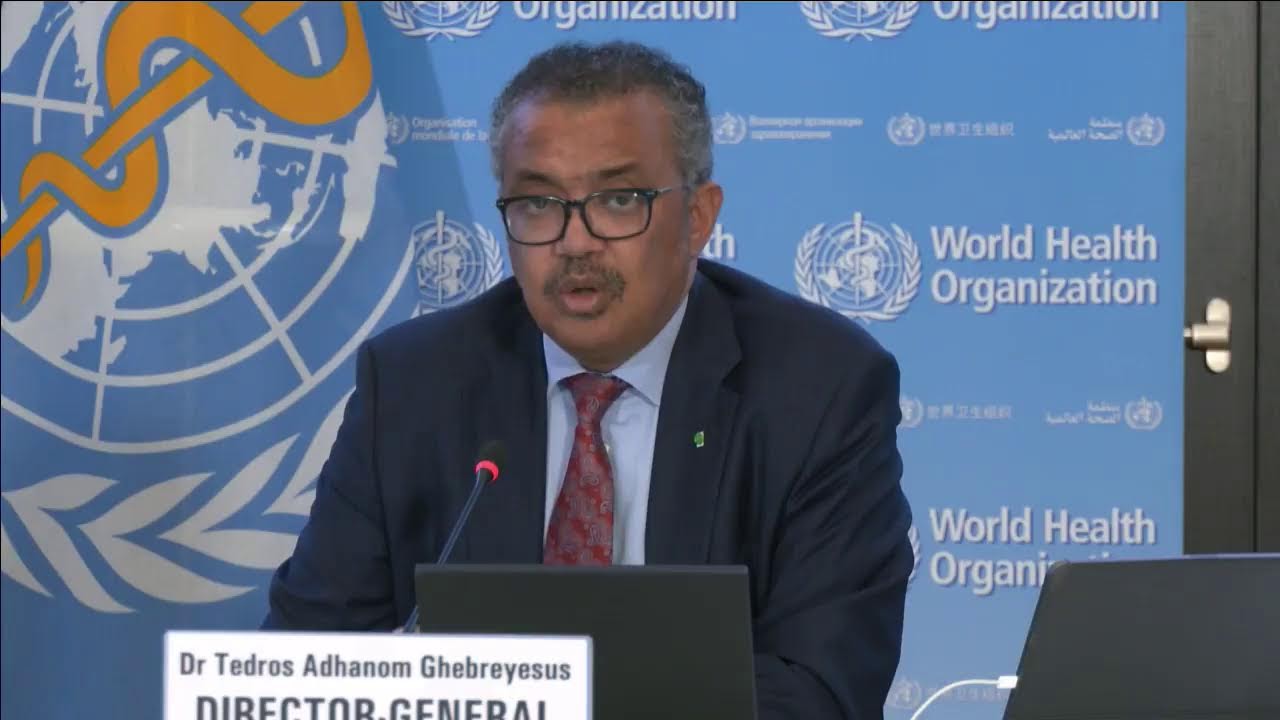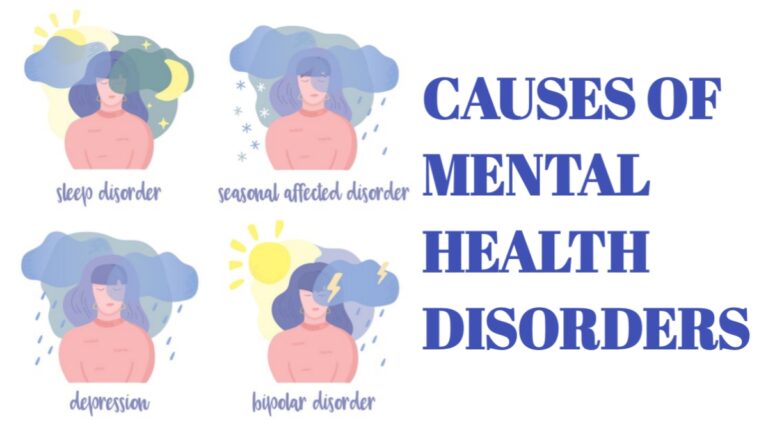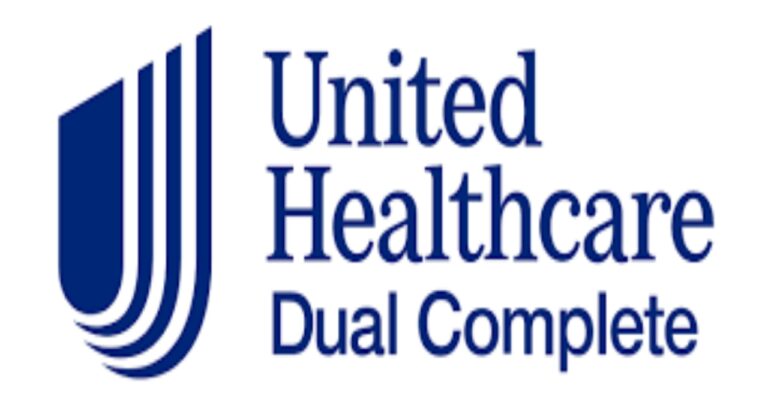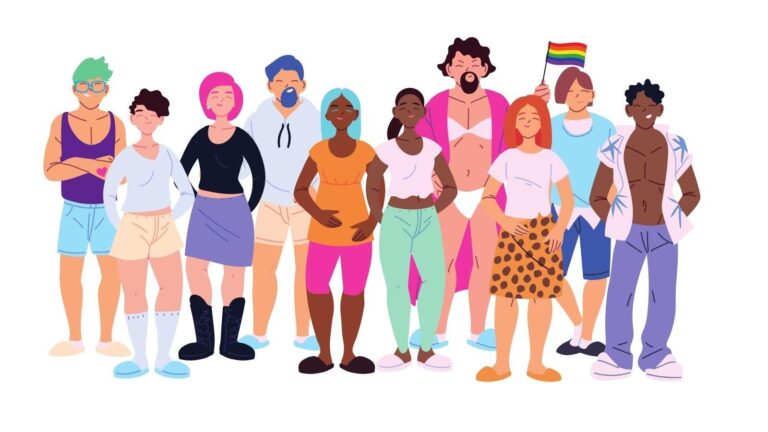What is the World Health Organization?
What is the World Health Organization? It is a specialized agency of the United Nations tasked with international public health. Its primary mission is to achieve the highest level of health for all people. The organization’s constitution states that it’s main aim is the “progress of humankind toward the realization of its highest potential in health”.
UN agency
The World Health Organization (WHO) is an agency of the United Nations tasked with advancing health and well-being. It is based in Geneva, Switzerland, with six regional offices and 150 country offices. Delegates from its 194 member states govern the organization and elect the director general. The first African leader to head the organization, Tedros Adhanom Ghebreyesus was previously the foreign minister of Ethiopia.
WHO’s mandate is to improve health, save lives, and protect the environment. It works on a wide range of health issues, including the prevention, detection, and mitigation of communicable diseases, HIV/AIDS, sexual and reproductive health, development, aging, nutrition, food security, and health-care delivery. It also coordinates activities related to international health issues, such as COVID-19. The WHO also has a dual mandate, and it helps states debate and negotiate about health-related issues, such as vaccination and the use of medicines.
International public health agency
The World Health Organization (WHO) is an agency of the United Nations concerned with international public-health issues. Founded in 1948, the WHO is an intergovernmental organization that conducts research, develops norms, and provides technical support to countries. Its mission is to promote health and prevent disease and death for over a billion people by 2020. The organization’s work includes public health education, nutrition, healthy eating, and substance abuse prevention.
WHO is the leading international public-health organization and promotes public health and well-being by mobilizing a variety of actors. It works with the aim of being responsive, transparent, and accountable in its work. Its 11th General Programme of Work outlines the key functions of the organization. Its activities are focused on the poorest populations and neglected tropical diseases. The CDC also provides technical support to host countries, such as laboratory services, epidemiologic science, and health informatics.
Responsible for coordinating epidemics
The World Health Organization (WHO) is the world’s central body responsible for coordinating responses to epidemics. As the global health agency, it has played a vital role in several important achievements: the Alma-Ata Declaration on primary health care, the eradication of smallpox, the Framework Convention on Tobacco Control (FCTC), and the revised International Health Regulations (IHR). In the IHR, member states define their roles in preparing for and responding to outbreaks of infectious diseases.
The WHO’s role in coordinating epidemics is multifaceted and involves the involvement of decision-makers and institutional agents. The early actions in an outbreak are vital to contain the spread of the disease and slow its spread. WHO’s role in this process requires coordinated efforts by all health stakeholders. The World Health Organization is responsible for coordinating epidemics and pandemics globally. The organization provides core support for its headquarters and regional operations and works to improve access to essential medicines, vaccines, diagnostics, and primary health care. The organization also assists countries in responding to health emergencies, including the COVID-19 epidemic.
Dependent on contributions from member states
The World Health Organization is increasingly dependent on voluntary contributions from member states to meet its operational needs. However, the organization’s funding model requires it to align its goals with the needs of donors. President Donald Trump threatened to cut U.S. contributions to the WHO in 2018 and 2020. He also announced his intent to cut ties with the organization in 2020, arguing that the organization failed to curb China’s influence over the organization. As a result, the United States was the organization’s second-largest donor in 2020-21, providing $680 million or 12 percent of WHO’s budget.
While the World Health Organization is often criticized for its lack of flexibility, it is important to keep in mind that the organization relies on the contributions of member states and other sources of funding. A lack of international funding would leave the WHO unprepared to respond to public health crises, such as those caused by natural disasters, such as the Ebola virus. Because of this, the World Health Organization (WHO) is highly vulnerable to global health emergencies.
Lack of resources
There are many challenges facing the World Health Organization in its quest to improve the lives of the poor and vulnerable. According to the CFR’s David P. Fidler in a Think Global Health article, strengthening WHO has proven particularly difficult because of China’s opposition and Russia’s war on Ukraine. There is also a lack of political will in the United States to increase WHO funding and authority. However, the organization should continue to push ahead regardless of political opposition.
The World Health Organization (WHO) is the United Nations agency that spearheads global public health efforts. While the organization has had its successes, it has also faced a string of perceived failures, including its delay in responding to the 2014 Ebola outbreak. In the wake of this crisis, the organization has undergone reforms to increase its ability to combat future epidemics and improve the health of people living in extreme poverty. Despite the reforms, the World Health Organization still faces a hard battle to shake loose its bureaucracy and adjust its budget. In addition to this, the COVID-19 pandemic is proving to be a monumental challenge for WHO.

I’m publisher on vents today if anyone want post on our website then do contact







